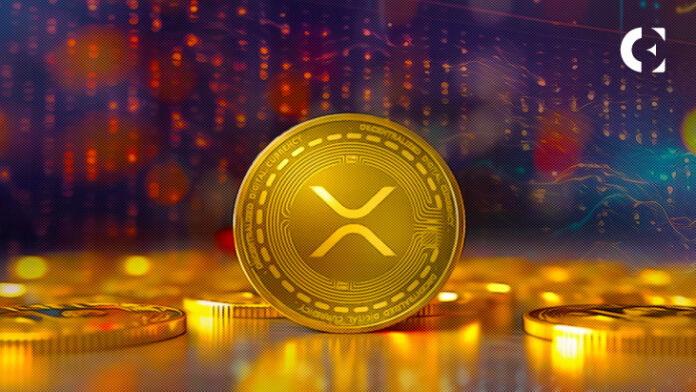- Ripple Labs faces skepticism over alleged plans to purchase again 10 billion XRP.
- XRP legal professionals doubt Ripple’s means to accumulate $5 billion for the introduced takeover.
- Ripple already holds 50 billion XRP in escrow, which makes shopping for from the supply illogical.
Not too long ago, a web site claimed that Ripple Labs, the blockchain firm related to XRP, plans to purchase again a staggering 10 billion XRP tokens from its circulating provide.
Nevertheless, outstanding legal professionals within the crypto neighborhood have expressed skepticism in regards to the feasibility of such a enterprise, elevating vital questions concerning Ripple’s means to accumulate the $5 billion wanted to execute the reported takeover.
The skepticism was first voiced by outstanding pro-XRP lawyer John Deaton, who tweeted: “I do not consider Ripple is shopping for again 10B XRP till I hear it from Ripple.”
Deaton’s skepticism discovered help from one other XRP lawyer, Invoice Morgan, who delved into the monetary implications of such a takeover. Morgan questioned the supply of the $5 billion wanted to purchase again the large variety of XRP tokens at their present market worth.
Morgan additional questioned the plausibility of discovering lenders prepared to offer funds to Ripple amid an ongoing lawsuit and regulatory uncertainties surrounding XRP. Morgan steered that securing the required funds may show troublesome until Ripple has an alternate funding supply, reminiscent of an preliminary public providing (IPO).
Including to the skepticism, one commentator identified that Ripple already holds a big quantity of XRP in escrow, estimated at round 50 billion tokens. He questioned the rationale for a buyout, stating that it might appear illogical for Ripple to purchase XRP after they have already got such a big provide.
One other crypto fanatic identified flaws within the article that sparked hypothesis. The fanatic revealed that the web site internet hosting the article was created the identical day the article was printed, elevating suspicions in regards to the legitimacy of the data.
